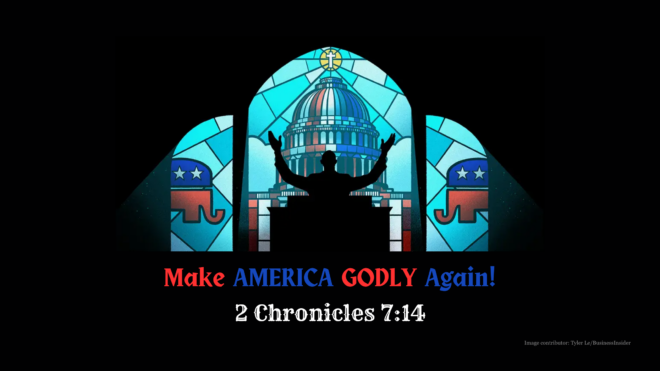In this link we read that organizations are demanding disclosure of Facebook passwords as a condition of employment, or of being allowed to play on a college athletic team. Conservatives, especially of the more libertarian variety, have often displayed a passion for informational privacy; they also have displayed a passion for defending the rights of organizations [which are extensions of property rights, which I do favor] to establish the conditions under which they will employ people, or do business with people. Often the two come in conflict. I remember trying to cash a check in my youth; when asked for my phone number, I informed the gentleman that it was unlisted, whereupon he declared that I was going to have to list it to him if he was going to cash the check. Apparently people who make their phone numbers available are more credit worthy, or something. And later on in the late 70s and early 80s, the telephone number increasingly became the new Social Security number; it was requested to be written, along with your signature, on a credit card slip. Legislation ultimately put a stop to this. And, unfortunately for conservatives, legislation is the only way to deal with things of this kind.
Political theorists have generally talked of the power of the state, as they should, but they have not always given thought to the effects of private power. One who did was Charles Reich, author of The Greening of America in 1969. He, in that and some earlier work, developed the concept of the New Property, which consisted of relationships to organizations rather than outright ownership. Allan Carlson and I wrote a retrospective on Reich in Touchstone. Reich also, interestingly, scooped Daniel Bell by some six years on the central thesis of Bell’s Cultural Contradictions of Capitalism. I consider Reich an intelligent man and a moral fool, but any political theory needs to take all sources of norms into account. See the diagrams, for example, in Francis Fukuyama’s The Great Disruption, which regrettably I cannot reproduce here.
Actually, sometimes government acts like a private corporation in its conditioning power, not like a civil state. When we go to Parents’ Weekend at our son’s university, Hillsdale in Michigan, we are permitted to sign up for ten minute talks with his professors. This is permitted because Hillsdale is one of three universities in the country to refuse Pell Grants and other federal scholarships. These three universities are also free not to keep racial statistics on their students. Other universities must keep racial statistics, and are not permitted to allow parents of students to interview professors without the express consent of the students. In this case, the federal government has imposed not the power of the sword, to say all must follow these rules, but has behaved like a private corporation in saying that if you will do business with us (i.e., receive Pell Grants and other federal support for students) you will obey certain conditions (e.g., keep racial statistics, etc.). If you do not choose to do that particular bit of business with the federal government [and three American universities, Hillsdale, Grove City, and Kings College New York, have chosen not to] you do not have to follow these particular rules.
Some of the most important imposers of conditions, of course, are insurance companies and moneylenders. Because insurance companies and banks are relatively scarce compared to clients, they are what is called an ‘oligopoly;’ and because they are under financial oversight by the government themselves and not free to take just any risk with what is after all other people’s money, they often get locked into customs that become a source of private law in our society. Why can you not paddleboard, for example, on a privately owned lake in a real estate development, whereas you can on many public ones? Because insurance is not available for private lakes allowing for water sports of that kind. Why can you not stand by your car while they are working on it at the repair shop? How often have you heard, “Our insurance won’t allow us to let you do this?” Yes, every proper theory of authority in society needs to take into account both private and public authority.



